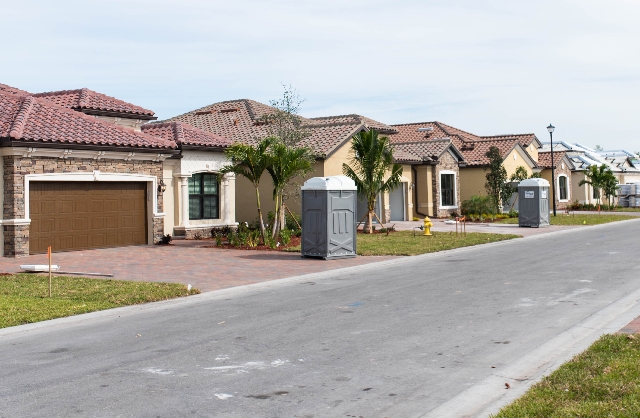When it comes to finding NDIS housing that suits your needs, there are a few things to keep in mind. The National Disability Insurance Scheme (NDIS) is a government-funded program that provides support for people with disabilities. One of the main ways it does this is by providing funding for housing. This can be used to cover the cost of renting or buying a home, as well as modifications and support services.
There are a few different types of NDIS housing, and it’s important to choose the right one for your needs. Another option is group homes, which are shared residences where people with disabilities live together and get support from staff 24/7. The best way to find NDIS housing that suits your needs is to talk to your case manager or local disability services provider.
What Are Your Options For NDIS Housing?
There are a number of different housing options for NDIS participants. The type of housing that is best for you will depend on your individual needs and circumstances.
One option is to live in supported accommodation. This type of accommodation is designed to meet the needs of people with disabilities and can include features such as wheelchair-accessible bathrooms and kitchens. This could include help with cooking, cleaning, personal care, and more.
Another option is to live in a shared household arrangement. This can be a good option if you need some level of support and assistance, but do not require 24-hour care. You will share your home with other people who have similar needs to you.
If you are able to live independently, then you may wish to consider renting your own place or purchasing a property. There are a number of organisations that can provide advice and support if you are thinking about buying or renting a property.
How To Decide What Kind Of NDIS Housing Is Right For You
When it comes to finding the right kind of NDIS housing, there are a few things to keep in mind. The first is what your needs are. If you need constant care, then you will want to look into group homes or supported living arrangements. If you can live independently but need some support, then an independent living arrangement may be the best fit.
The second thing to consider is your budget. How much can you afford to spend on rent or mortgage payments? This will help narrow down your options.
Third, think about your location. Do you want to be close to family and friends or do you prefer a more rural setting? This will also help narrow down your choices.
Finally, talk to your case manager about what options are available and which ones would be the best fit for you.
Who Is Eligible For NDIS Housing?
To be eligible for NDIS housing, you must first meet the eligibility criteria for the NDIS. This includes having a disability that is permanent or expected to last for at least two years and is aged under 65 years old. You must also be an Australian citizen or permanent resident, or have a special category visa. If you are eligible for the NDIS, your plan will include a personal budget that gives you control over how the NDIS funds your support. You can use this budget to access housing support. The cost of any housing support is based on the services and supports that you require.
Once you have met the eligibility criteria, you will need to undergo an assessment to determine your support needs. This will help to identify what type of housing would best suit your needs. If you are eligible for NDIS housing, you will then be able to access a range of support services and funding to help you live independently in the community.




